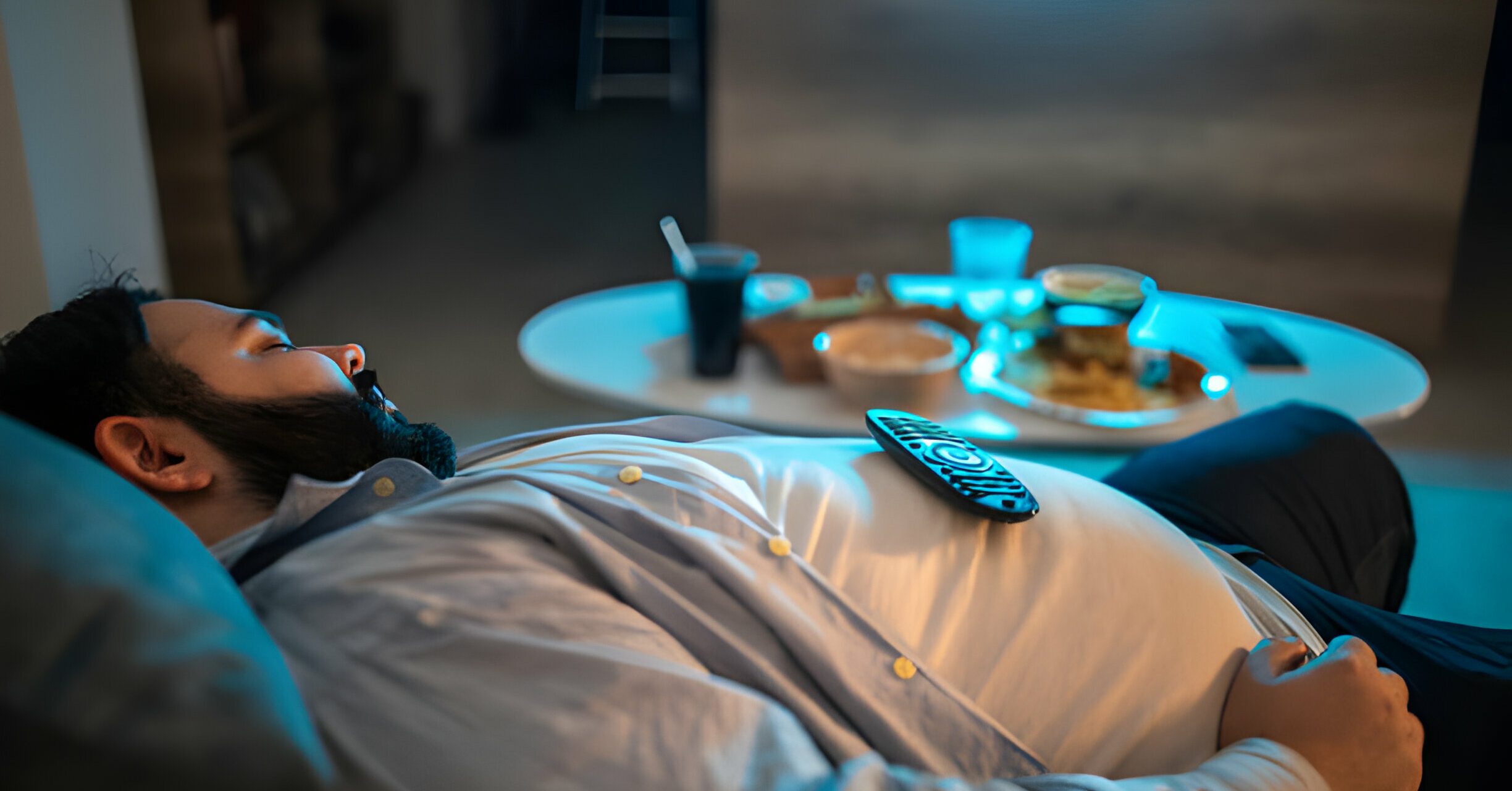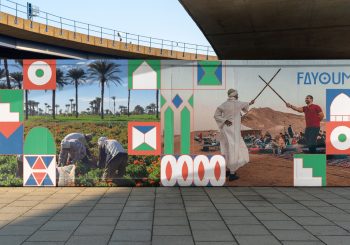Muslims in Egypt fast for 14 hours a day during the holy month of Ramadan, only to feel tired and sleepy after Iftar.
Sometimes people tend to eat way more than needed during Ramadan, and some might experience fatigue, sleepiness, and even headaches after Iftar.
A study, with 16,031 participants, done by the International Headache Society on Postprandial fasting-related headaches during Ramadan in Saudi Arabia concluded that 3,147 (19.6 percent) reported having headaches after breaking their fast in Ramadan.
Various studies have investigated the medical reasons why people feel tired after eating a meal. According to Medical News Today, this tiredness is related to when the meal is eaten and how much of it is consumed.
Breaking a fast with large quantities of food can shock the body and affect various aspects that may lead to tiredness and sluggishness. Nonetheless, there are ways to combat this effect.
One of the ways a person might feel sleepy after a big meal on Iftar is the excessive production of Serotonin. It is a neurotransmitter that affects sleep cycles, mood, emotions, appetite, and digestion and is produced in high amounts when a person eats a meal filled with carbohydrates or protein. The neurotransmitter is linked to fatigue because it induces sleepiness, according to the National Library of Medicine.
Additionally, when a person eats foods rich in carbohydrates, which the body breaks down into a type of sugar, glucose, or directly consumes lots of sugary foods or drinks, the blood sugar levels get higher. This ushers the body to produce more insulin to get rid of the extra glucose, leading to low blood sugar levels, which drops energy levels. The change in glucose levels could also be one of the reasons why people get headaches after Iftar.
If carbohydrates are substituted by more protein, found in red meat, poultry, fish, beans, cheese, or nuts, the body will look for a source of glucose it could not get from the carbohydrates to fuel the body and have energy. Instead of turning protein into amino acids, the body will turn protein into glucose, thus, affecting the blood sugar levels and making the person feel tired.
Moreover, blood flow in the digestive system is minimal during fasting, but after eating a meal the blood flow in the gastrointestinal system will increase, which includes the stomach, small intestine, and large intestine. The blood fills the digestive system to increase oxygen levels and help with the absorption and digestion of food. This leads to reduced blood flow in other organs in the body such as the muscles and the brain, which makes a person feel tired.
How to combat tiredness
The common cause of fatigue and slugginess after Iftar is overeating, be it carbohydrates or protein, which is a variable factor and there are different ways to try and avoid it.
Firstly, it’s important to stay away from greasy and oily foods, refined sugar, or foods with high levels of fat, as they trigger energy levels to fluctuate during digestion.
It is also advised to eat at least 10 minutes after breaking the fast with a drink or dates, as this will prepare the body to adjust, according to Al Jazeera.
One last essential tip is to not overeat; do not indulge in high-carbohydrate, protein-filled meals, or sugary drinks. It’s crucial to have a balanced meal with protein, carbohydrates, and fiber, where all nutrients are available in the right quantities.






Comments (0)